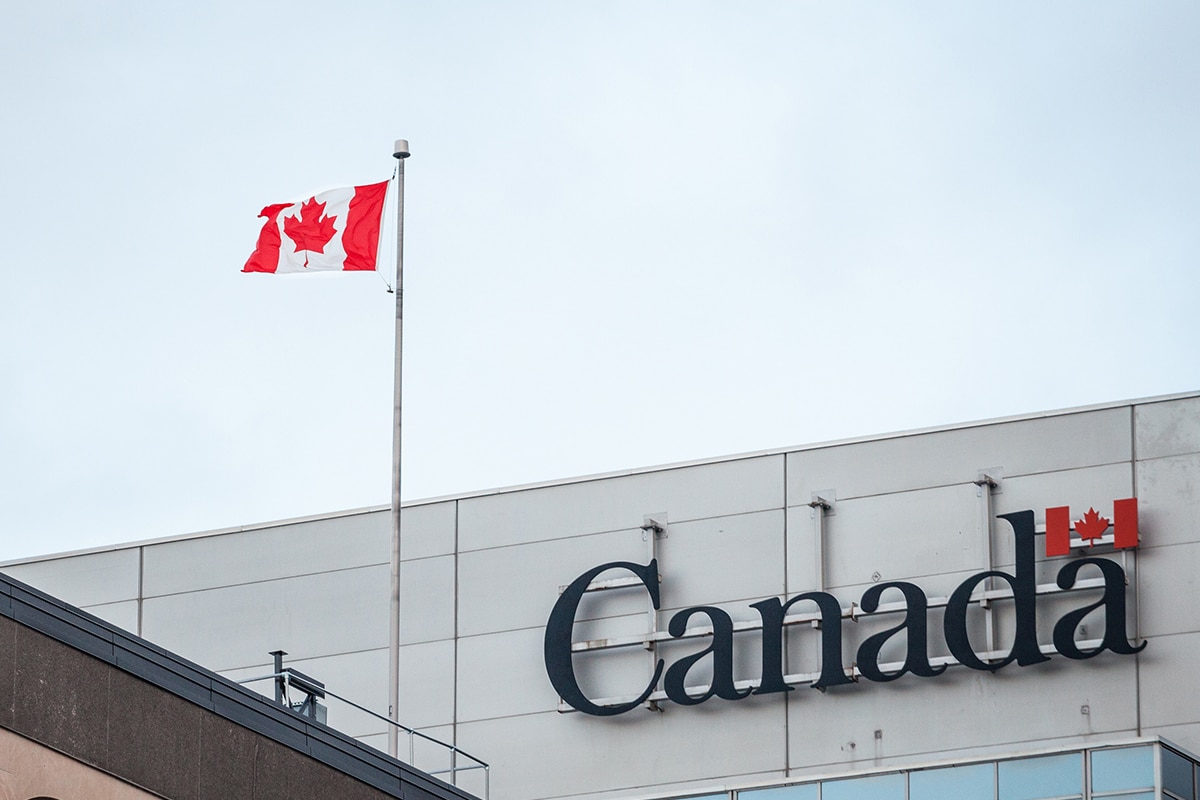

The end-of-year report provides a range of highly useful information for Express Entry candidates for immigration to Canada. The data given in the report covers the entirety of 2015, encompassing the first 23 draws (also known as rounds of invitations), while also providing a snapshot of the composition of the pool taken from a data extract on January 3, 2016. CICNews.com has published a series of articles analyzing this report. In addition to this article, there are also articles covering Canadian provinces and the Comprehensive Ranking System.
Over the course of 2015, a total of 31,063 Invitations to Apply (ITAs) were issued to individuals around the world looking to immigrate to Canada. Through the report, we learned the following:
- Many candidates in IT occupations have been issued ITAs, while individuals working in the food service industry have also fared well.
- The majority of candidates issued ITAs were residing in Canada.
- More than half of all invited candidates were nationals of one of the following five countries: India, Philippines, China, the U.K., and Ireland.
- IRCC has stated that ‘Future invitation rounds from the Express Entry pool will become the main source of applications to meet annual immigration levels targets for certain economic immigration programs under the Express Entry system as the older inventories are reduced.’
Focus on occupations
In the run-up to the launch of Express Entry, the government of Canada stated that the new system would ensure that Canada’s economic and labour market needs are met. For the Express Entry system, as compared with previous systems, intake caps for specific occupations were done away with.
Express Entry is intended to be a flexible system that is more responsive to the immediate needs of Canadian employers and provinces. As such, eligible candidates who obtain a qualifying job offer (supported by a Labour Market Impact Assessment) or provincial nomination certificate are issued an ITA at a subsequent draw from the pool, regardless of their occupation. It should be noted, however, that a job offer is not required in order for a candidate to receive an ITA. Indeed, at least 40% of all ITAs issued in 2015 were issued to candidates who did not have a job offer.
The top 10 most invited occupations made up 10,685 (or 38%) of the total number of ITAs issued. These occupations were:


IT professionals (NOCs beginning with 21) and business and finance professionals (NOCs beginning with 11) have been successful at obtaining ITAs. According to IRCC, these candidates often have high human capital with no valid job offer, while candidates with NOCs beginning with 63 are more likely to have first arrived in Canada on a work permit and later obtained a job offer.
Given that early draws selected a large number of candidates under the Canadian Experience Class (CEC), it is likely that a large number of food service supervisors and cooks already in Canada were invited over the first few rounds of invitations. As time goes on, the relative number of invitees in such occupations is expected to decrease; the figures heading into 2016 and beyond will likely reveal a wider range of occupations, particularly in professional occupations such as IT and business.
CEC dominates early draws before PNP becomes more popular, FSW steady throughout
As stated above, earlier draws selected a large number of CEC candidates. This was because of the high number of foreign workers with LMIA-backed job offers who wished to immigrate to Canada permanently. Indeed, the third draw from the pool selected CEC candidates exclusively.
Over time, however, Canadian provinces engaged more actively with the system and issued an increasing number of enhanced provincial nomination certificates, which consequently led to an increase in PNP invitations. Throughout the year, a significant number of candidates were issued invitations under the Federal Skilled Worker Class (FSWC). A small, but steady, number of invitations were issued under the Federal Skilled Trades Class (FSTC).
Of the 31,063 ITAs issued during 2015, a total of 13,214 (42.6%) of them were issued under FSW, 11,228 (36.1%) were issued under CEC, 4,105 (13.2%) were issued under PNP, and 2,516 (8.1%) were issued under FST.
The data may also be depicted in a bar chart.
Sixty percent of all invited candidates had 600 points or more (i.e. they had either a qualifying job offer or provincial nomination certificate). For more information on draws from the Express Entry pool that have taken place so far, click here.
Average processing times well within IRCC target
When Express Entry was introduced, the government of Canada set a target to process at least 80% of complete applications within six months. Not only has this target been reached — it has actually been surpassed, and comfortably. This aspect of Express Entry has been an unambiguous success, and leaves the system in a competitive position to continue to attract new candidates who wish to take control of their own destiny and apply to an immigration system that is responsive and swift.
Processing times for applications based on final decision date
Application data | FSW | CEC | FST | PNP | Total average |
80% of applications finalized within x months | 4.7 | 3.5 | 4.9 | 3.8 | 4.4 |
Applications finalized | 3,223 | 9,861 | 2,330 | 1,077 | 16,491 |
Applications finalized, in the table above, refers to applications approved (14,058) and refused (2,433), up to January 3, 2016.
Country of residence and citizenship of invited candidates
While more than three quarters (78.1%) of invited candidates over the course of 2015 were residing in Canada, this figure is lower than it was for the mid-year report published by CIC/IRCC. At that time, and over the course of the first 11 draws only, 85.5% of invited candidates were residents of Canada.
The country of citizenship of invited candidates is more varied and reflects the origin of qualified candidates from the pool. According to IRCC, it is anticipated that the top ten countries of citizenship will continue to shift as more candidates are invited to apply over time.
Express Entry: past and future
“With this detailed report, IRCC has given all stakeholders a highly valuable insight into Express Entry — its past, its present, and its future,” says Attorney David Cohen.
“When looking at the past, what we see is that the number of invited candidates with job offers being invited to apply decreased over time. That being said, obtaining a qualifying job offer from a Canadian employer remains as beneficial to a candidate’s chances today as it ever has. While the number of food industry workers may have been higher than expected, this is largely explained by the number of Canadian-based cooks and supervisors at the time the system was launched. I am pleased to see that IT personnel, among other workers, have fared well so far. I expect a wider spread of invited occupations over time, as per IRCC’s projections.
“Further, IRCC has been as good as its word when it comes to processing times, which is positive news for candidates and employers alike. With the department having also stated that future invitation rounds will become the main source of applications to meet annual immigration levels — and with provinces presenting proactive candidates with an increasing number of options to applying through a PNP — the outlook for the rest of 2016 and beyond is positive.”
Eligible candidates may submit a profile into the Express Entry pool, where they are ranked according to the CRS. The government of Canada selects the top-ranked candidates on a priority basis when it performs one of its frequent draws from the pool.
Candidates who are issued an ITA for permanent residence then have 60 days to submit a complete e-application, from which point the government of Canada aims to process the application within six months. For more information on draws from the Express Entry pool that have taken place so far, click here.
CICNews.com has published two further accompanying articles relating to this report:
- New Report Reveals Popular Destination Provinces for new Immigrants to Canada
- Inside the Comprehensive Ranking System: Express Entry Report Offers Valuable Insights from the Pool
To find out if you are eligible for any of over 60 Canadian immigration programs, including the federal economic programs that are processed under Express Entry, please fill out a free online assessment today.
© 2016 CICNews All Rights Reserved
